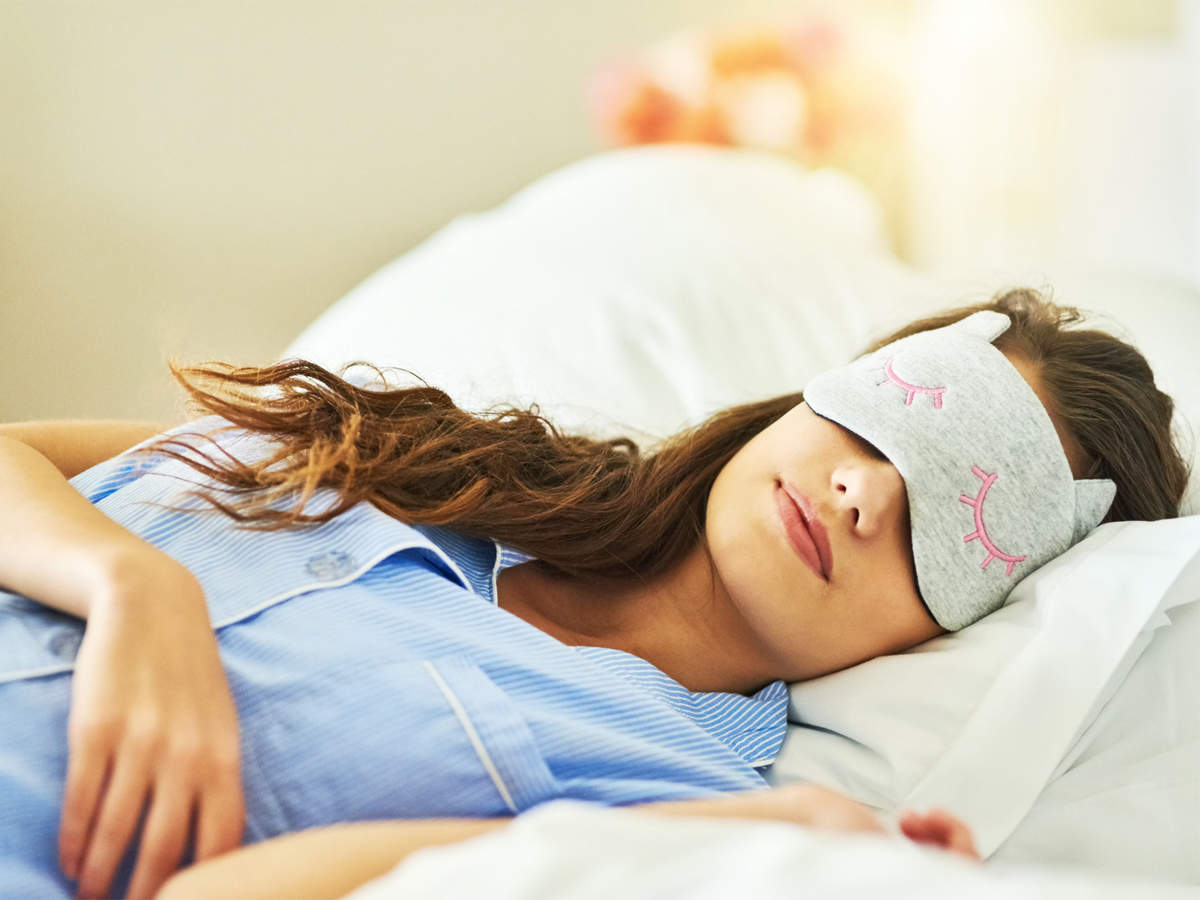Often times, sleep is a very neglected part of your overall well-being. Sleep is the time your body takes to repair itself and be fit.

The negative side effects of sleep loss are slow mental cognition, weakened immunity, depression, short temper, moodiness, increased risk of accidents, memory loss, and forgetfulness. The average individual needs 8 hours of sleep.
Missing out on sleep every now and then is no big deal, it’s a dangerous factor when it becomes a reoccurring issue in your life.
The positive benefits of sleep include weight loss, increased sex drive, diabetes prevention, increased fertility, and lower risk of diseases.
How To Get Better Sleep:
1. Turn off electronics
Many people like to look at various social media platforms before they fall asleep. This is a sure way to interrupt your sleep because the artificial light of your phone can actually cause sleep disturbances.
2. Drink tea
Teas like chamomile, lavender, and lemon balm are great natural remedy to help get you to bed and even reduce nervousness and anxiety.
3. Establish a schedule
Your body will respond to your bedtime in a better manner when you go to sleep and get up around the same time each night and day. Avoid naps during the afternoon because it can interrupt your sleep.
4. Exercise
Not only is exercise great for your body and mind, it can help set you up for a great night’s sleep. Be sure not to exercise 2 to 3 hours before bedtime to avoid energizing yourself too much.
5. Don’t eat too late
When you eat late into the evening your making your body work more to digest the food in your system. Making your body more active fights off the drowsiness of sleep.
6. Wind down
Before bed, take part in calming activities like reading, journaling, meditation, or yoga.




